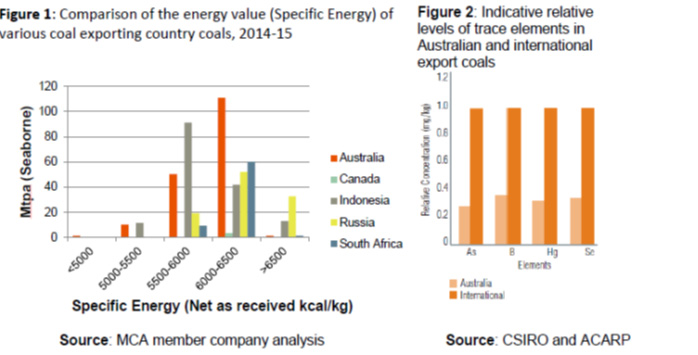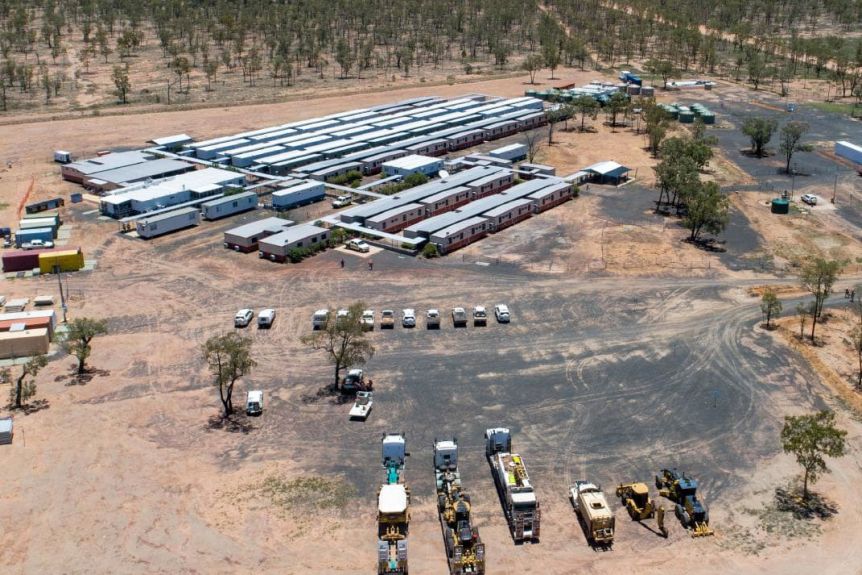
NCWQ Environment Report: November 2019
By Pat Pepper,NCWQ Environment Adviser The Problem: Too much water or more often not enough is a perennial problem in Australia. Recently billions of megalitres (ML) of water flooded out

By Pat Pepper,NCWQ Environment Adviser The Problem: Too much water or more often not enough is a perennial problem in Australia. Recently billions of megalitres (ML) of water flooded out

By Deslyn Taylor, NCWQ Education Advisor The 2015 – 2018 International Council of Women’s Plan of action for Education urged National Councils to advocate for:- The importance of education from

By Leanne Francia, NCWQ Child, Youth and Family Adviser NAIDOC Week NAIDOC week was celebrated in July under the theme Voice. Treaty. Truth – working together for a shared future

By Dr Donnell Davis NCWQ report on United Nations Habitat This report encompasses the concise history, evolution of focus, and roles for women in human settlements now and in the

By Pat Pepper,NCWQ Environment Adviser Condition of Great Barrier Reef (GBR): The Australian Institute of Marine Science’s (AIMS) Annual GBR Condition Update report shows hard coral cover continued to decline

EVENT Our young women’s branch (NCYWQ), are delighted to launch the details of their first Public and Persuasive Speaking workshop, to be facilitated by Forum Communicators

The 2019 Bursaries were presented last night. Congratulations to all the amazing young women in Queensland!

By Dr Donnell Davis (Queensland Panel) This year the Commission on the Status of Women (UN CSW63) has a theme that extends to inclusive infrastructure. Because we comprise half the

By Pat Pepper, NCWQ Environment Adviser (photo credit: https://news.sky.com/story/british-islands-beaches-littered-with-37-million-pieces-of-plastic-10879336) UPDATE ON CARMICHAEL COAL MINE IN THE GALILEE BASIN: The Productivity Commission raised the possibility that Adani’s Northern Australia Infrastructure Facility

By Pat Pepper, NCWQ Environment Adviser UPDATE ON MICRO AND NANOPLASTICS: Scientific studies found organisms such as mussels, lugworms, lobsters and fish have ingested microplastics and in some cases absorbed